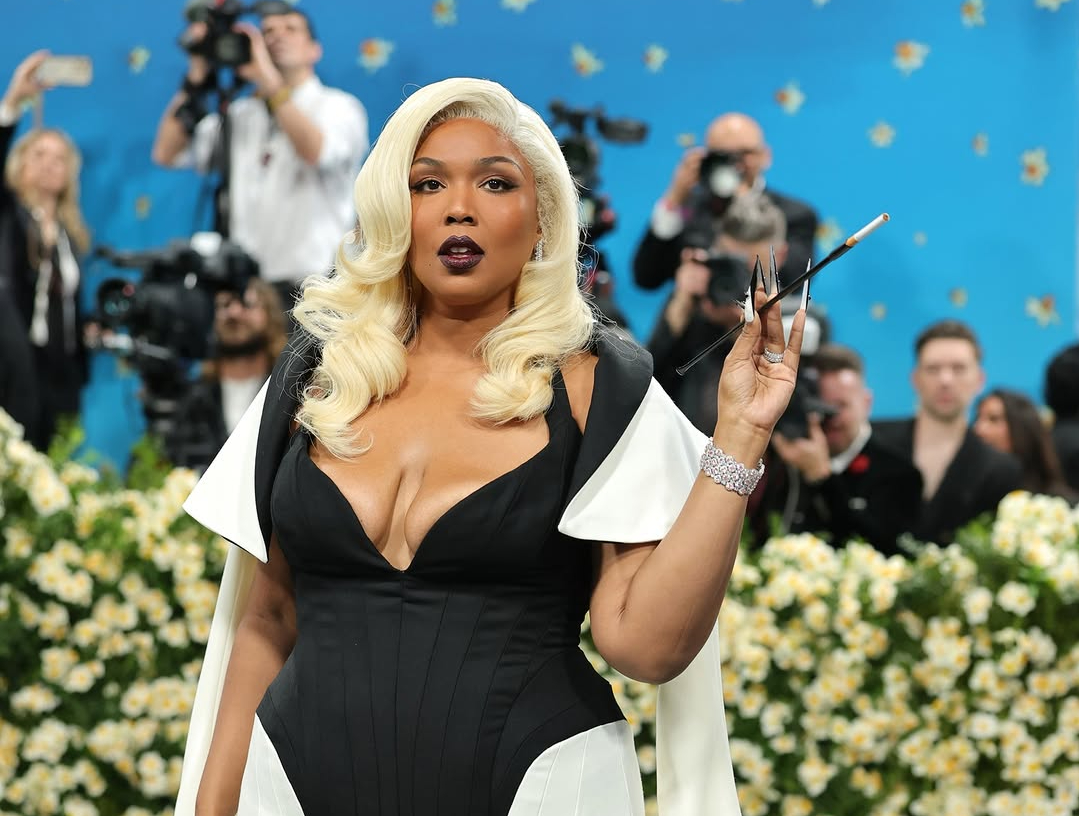As of October 2025, Lizzo faces a copyright lawsuit filed in California by GRC Trust, alleging her unreleased track “I’m Goin’ In Till October” unlawfully samples a 1970s Sam Dees composition. The case, which also names Atlantic Records, raises major questions about artist liability for viral social media content and the financial risks tied to digital brand promotion.
Lizzo’s Legal Drama: When a Viral Clip Turns Into a Court Battle
Grammy-winning superstar Lizzo is again making headlines—this time not for her chart-topping hits or body-positive brand, but for a lawsuit that could redefine copyright law in the age of TikTok.
Filed on October 21, 2025, in California, GRC Trust, a Georgia-based rights holder, alleges that Lizzo’s unreleased track, “I’m Goin’ In Till October,” illegally uses “instrumental and vocal elements” from the 1970s soul song “Win or Lose (We Tried)” by Sam Dees. The lawsuit names both Lizzo and her label, Atlantic Records, accusing them of profiting from a viral Instagram and TikTok clip where Lizzo raps:
“B****, I got good jeans like I’m Sydney.”
The line is a cheeky nod to Sydney Sweeney’s American Eagle “Good Jeans” campaign, but according to GRC Trust, it’s also paired with an unauthorized sample from Dees’ vintage composition—a combination the trust says directly infringes on its rights.
The Legal Angle: Setting a New Precedent for Social Media Music
The twist? Lizzo’s song has never been officially released. The only public version exists as a 30-second social media video. Yet, GRC Trust argues that even viral exposure can generate “unjust enrichment,” especially given Lizzo’s influence and the promotional power of her posts.
Intellectual property attorney Christopher Buccafusco, co-director of the Center for Law and Creativity at Duke University, told Billboard:
“Courts are beginning to treat social media snippets as commercial activity. If you post a song to promote your brand—even if it’s unreleased—it may still count as a public performance.”
That interpretation could reshape how artists share creative teasers online. For labels, it’s a cautionary tale about the fine line between promotion and infringement—especially when legacy recordings are involved.
The Financial Fallout: Brand, Business, and Risk
From a financial standpoint, the lawsuit targets not only potential profits but also the reputational value of Lizzo’s brand. GRC Trust is demanding an injunction to halt distribution of the track and a payout equal to “all profits plus all losses” related to the infringement.
While the precise figure remains undisclosed, legal analysts estimate such claims could easily climb into the seven-figure range once label profits and streaming exposure are considered.
According to analysis reviewed by CEO Today, this case underscores how “content-first” marketing can quickly become a financial liability for public figures. Viral moments have become part of artists’ monetization strategies—but without airtight licensing protocols, even a TikTok clip can carry major legal and financial consequences.
Lizzo the Businesswoman: Beyond the Music
Despite the legal turbulence, Lizzo remains one of the most financially diversified artists in entertainment. She co-founded Yitty, a shapewear brand under Fabletics, valued at over $100 million, and serves as an investor in Hydrow, a connected fitness company that recently raised $55 million in funding.
These ventures showcase Lizzo’s evolution from performer to entrepreneur, blending music with lifestyle and wellness branding. Yet, her expanding portfolio also raises the stakes of any reputational hit. A prolonged lawsuit could affect brand partnerships, future sponsorships, and investor confidence in her ventures.
As brand consultant Jasmine Enberg, Principal Analyst at Insider Intelligence, recently observed:
“Artists like Lizzo have transcended music—they’re media ecosystems. That’s why legal controversies can ripple far beyond the courtroom.”
A Broader Industry Wake-Up Call
This isn’t the first time copyright law has collided with pop culture virality. Similar disputes involving Drake, Dua Lipa, and Ed Sheeran have all raised questions about where homage ends and infringement begins. But what makes Lizzo’s case unique is that it centers around a non-commercial post—an entirely new frontier for intellectual property enforcement.
For music executives, the case may prompt new policies for pre-release social media content, while labels could expand clearance departments to vet even short-form clips.
Conclusion: The Price of Going Viral
As Lizzo fights to protect her creative freedom and her business empire, the lawsuit serves as a stark reminder of how quickly artistry can collide with legality in the modern entertainment economy.
If GRC Trust prevails, the ruling could redefine how artists tease unreleased material online—potentially transforming social media into a legal minefield for creativity.
For Lizzo, whose public brand blends empowerment, innovation, and entrepreneurship, the case’s outcome will likely shape not only her next move—but how the entire music industry manages its digital future.
Lizzo FAQ: Career, Net Worth, and More
1. What is Lizzo’s real name?
Lizzo’s real name is Melissa Viviane Jefferson. She adopted the stage name “Lizzo” as a teenager, inspired by Jay-Z’s song Izzo (H.O.V.A.).
2. How did Lizzo become famous?
Lizzo rose to fame with her 2019 hit Truth Hurts, which topped the Billboard Hot 100. Her blend of pop, hip-hop, and self-love messaging made her a global star.
3. What businesses does Lizzo own?
She co-founded Yitty, an inclusive shapewear line in partnership with Fabletics, and has investments in fitness company Hydrow.
4. How many Grammy Awards has Lizzo won?
As of 2025, Lizzo has won four Grammy Awards, including Best Pop Solo Performance and Record of the Year.














